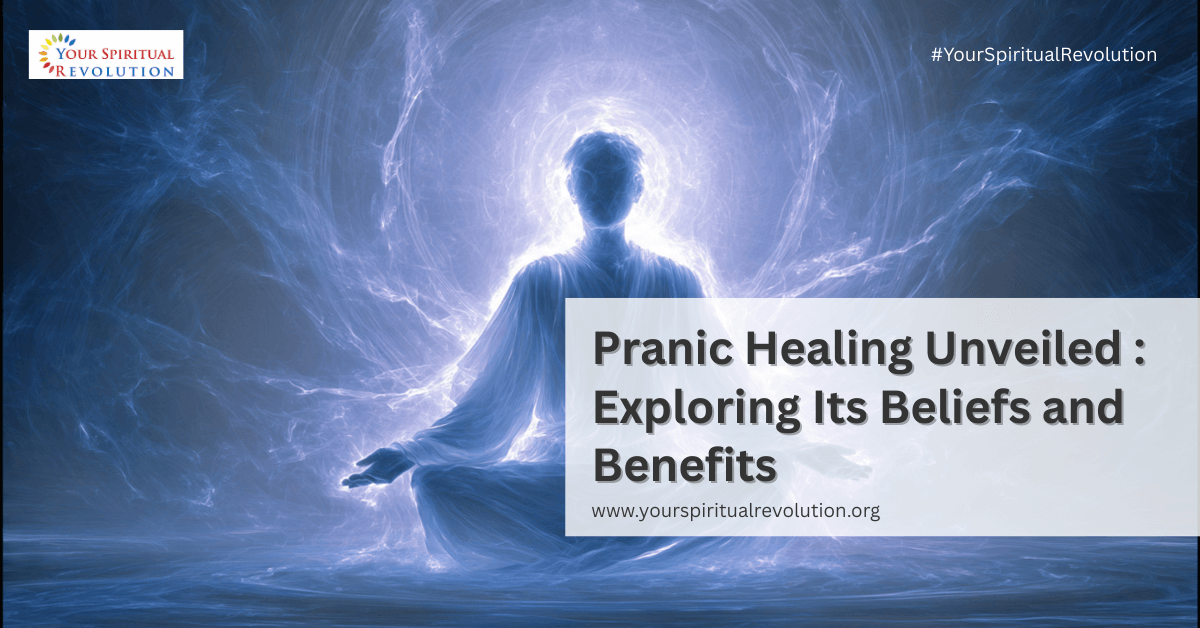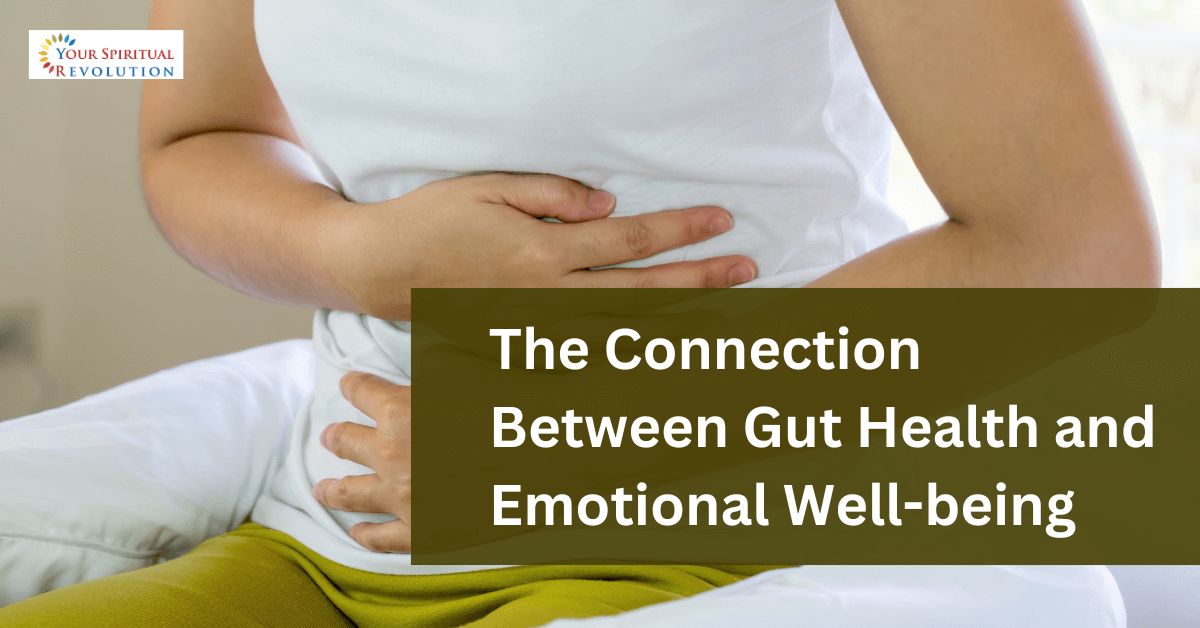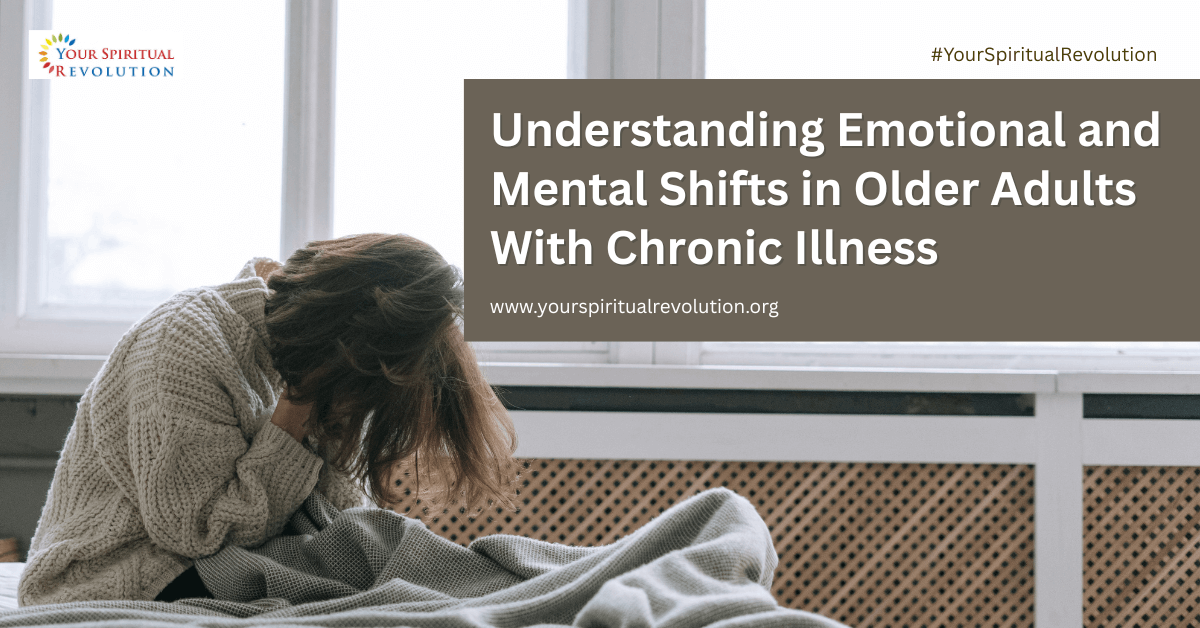The gut-brain axis is a two-way communication network linking your digestive system with your central nervous system. It involves multiple pathways — including the vagus nerve, immune system signals, and gut microbiota (the community of bacteria living in your intestines).
The gut is often called the “second brain” because it contains over 100 million nerve cells, known as the enteric nervous system (Harvard Health, 2021). These nerves communicate directly with the brain, influencing mood and stress responses.
A balanced gut microbiome helps regulate serotonin and other neurotransmitters. When your gut is inflamed or imbalanced, serotonin production can decrease, which may lead to mood swings or low energy.
A 2019 study published in Nature Microbiology found that people with depression had significantly lower levels of coprococcus and dialister, two types of bacteria associated with mental well-being.
In other words, a diverse, healthy gut may help you feel calmer and happier.
Chronic stress can alter your gut bacteria — and the gut, in turn, can amplify stress signals. This creates a feedback loop that worsens both physical and emotional symptoms.
A Frontiers in Psychiatry (2020) study showed that people who practiced stress-reduction techniques like mindfulness and deep breathing had better gut microbiota diversity and reduced inflammation markers.
The takeaway? Calming your mind helps your gut — and a healthy gut helps calm your mind.
When harmful bacteria dominate the gut, it can lead to inflammation, which doesn’t just affect your digestion — it also impacts your brain.
Inflammation releases molecules called cytokines, which can interfere with neurotransmitter function and contribute to depression and anxiety.
A Journal of Psychiatric Research (2018) review found that people with major depressive disorder had higher levels of inflammatory markers, suggesting a link between gut inflammation and mood disorders.
Your gut health also influences how well you sleep. Certain gut bacteria help regulate melatonin, the hormone that controls your sleep-wake cycle.
A study in Sleep Medicine Reviews (2021) found that people with healthy gut diversity experienced improved sleep quality and daytime energy. Better sleep, in turn, supports emotional regulation and resilience.
The good news is that small, consistent changes can make a big difference. Supporting your gut health doesn’t require drastic diets — it’s about balance, variety, and mindfulness.
Your gut follows a circadian rhythm — just like your brain. Poor sleep disrupts digestion, while good sleep supports bacterial balance.
Aim for 7–9 hours of restful sleep per night, and try to maintain a consistent bedtime.
Avoid eating heavy meals or drinking alcohol right before bed — both can disturb your gut and your sleep.
Exercise benefits more than just your muscles — it also boosts microbial diversity.
A Gut (2019) study found that people who engaged in regular aerobic activity had higher levels of short-chain fatty acids, compounds linked to better gut and mental health.
Even light movement — like a 20-minute walk or gentle yoga — can improve mood and digestion.
Highly processed foods, artificial sweeteners, and excess sugar can harm beneficial gut bacteria and promote inflammation.
Try replacing sugary snacks with fruits or nuts and opt for whole grains instead of refined ones.
A balanced gut thrives on natural, nutrient-dense foods — not quick fixes.
Think of your gut as a mirror of your emotional world. When you feel anxious, your gut tightens; when you relax, it loosens. This relationship works both ways — taking care of your digestion can improve your emotional resilience.
By choosing mindful eating, managing stress, and honoring your body’s needs, you can create harmony between your gut and your mind.
The connection between gut health and emotional well-being is more than a trend — it’s a scientific reality. Your gut and brain constantly influence one another, shaping how you feel, think, and respond to the world.
Nourishing your gut through balanced nutrition, rest, movement, and mindfulness doesn’t just improve digestion — it enhances emotional balance, energy, and joy.
As the saying goes, “A healthy gut makes a happy mind.” So listen to your body, feed it well, and give your mind the calm and clarity it deserves.








































































